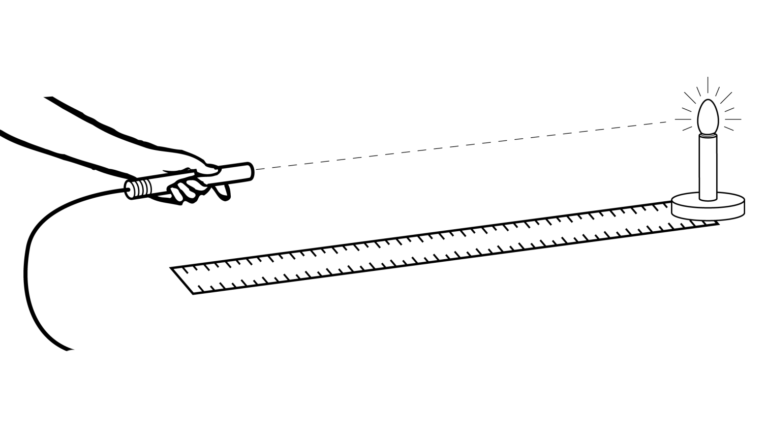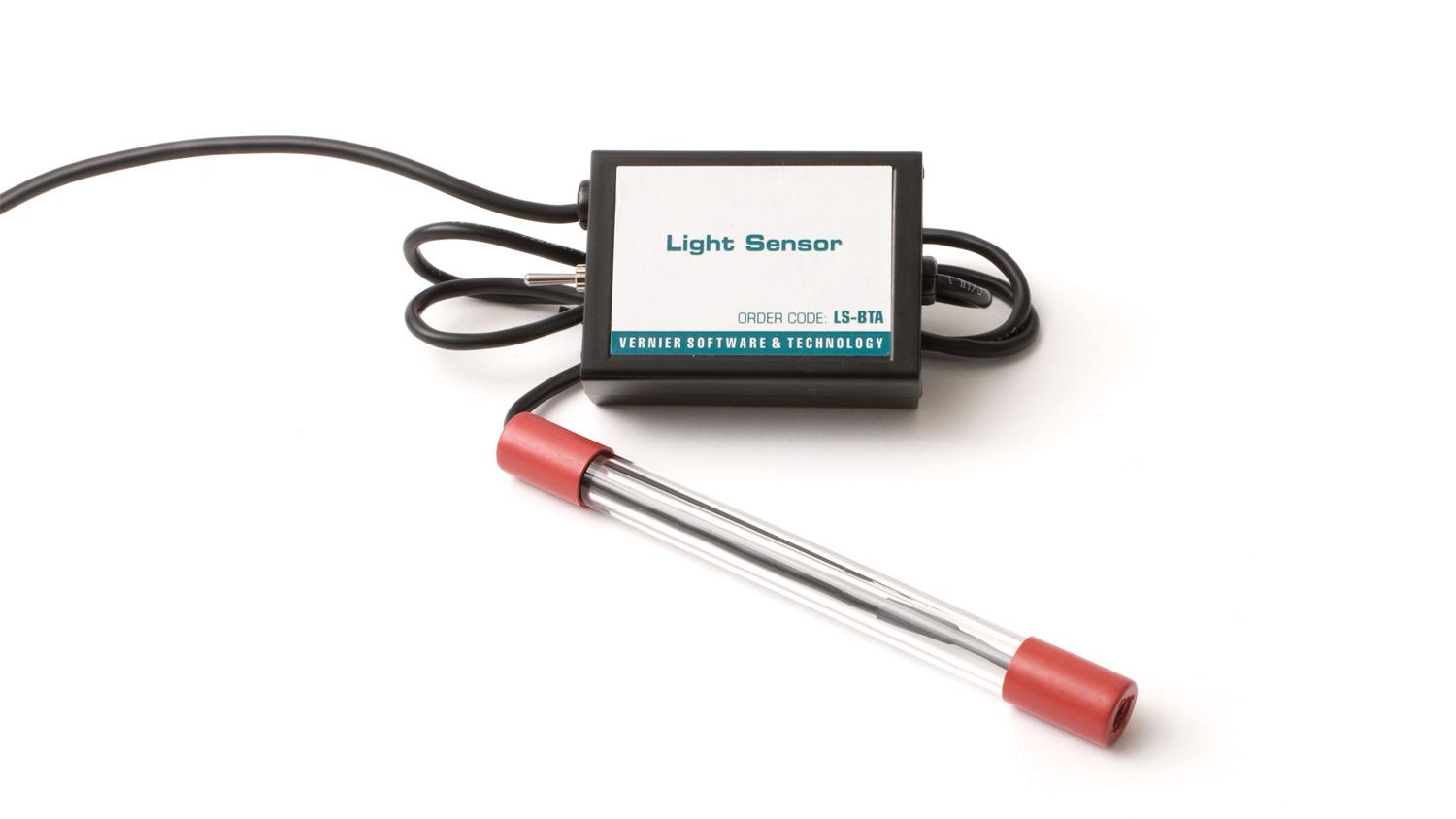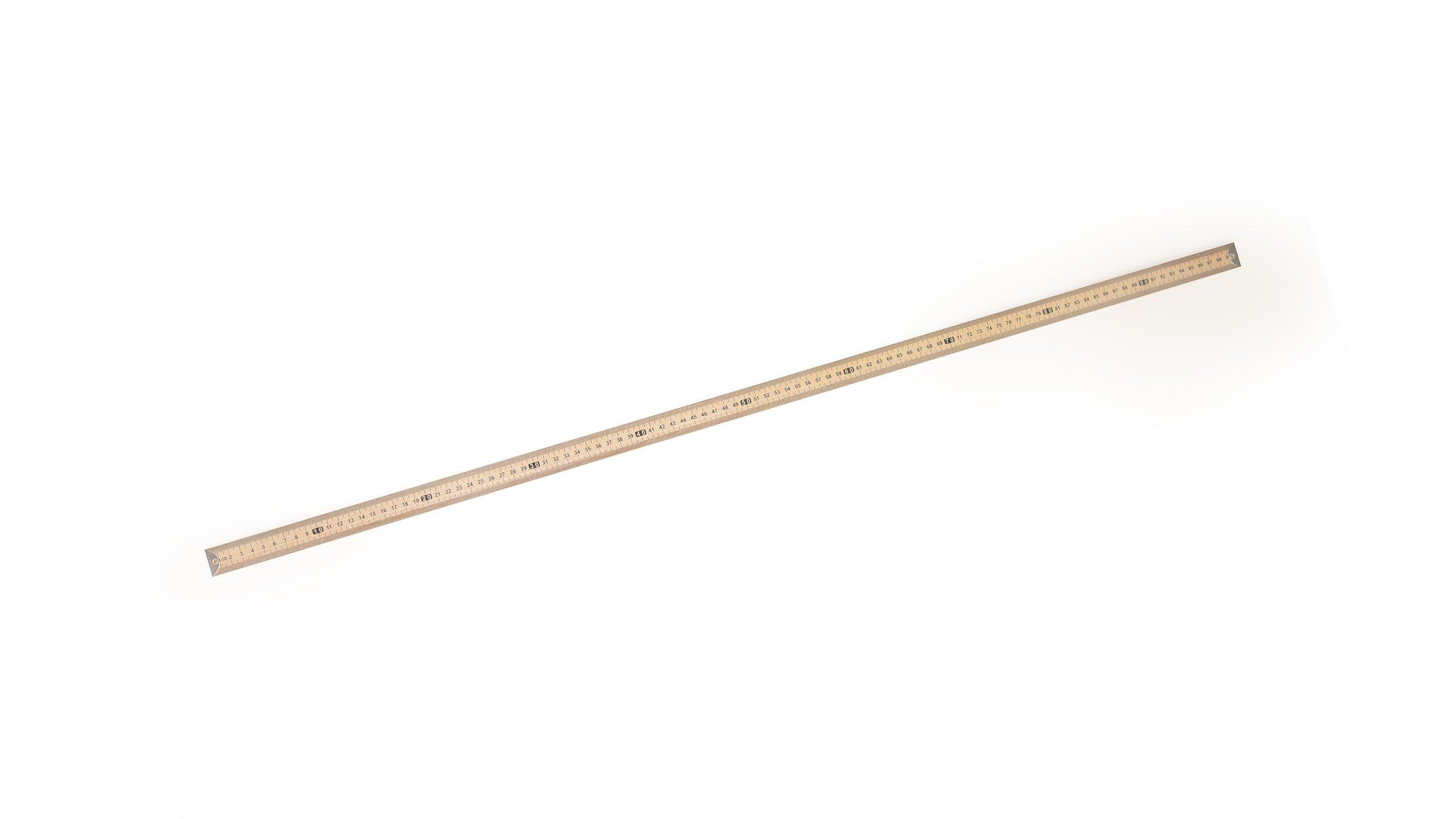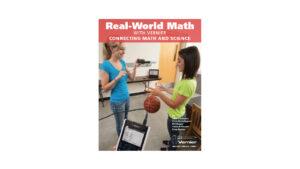Light at a Distance – Distance and Intensity
Experiment #15 from Real-World Math with Vernier
- Education Level
- High School

Introduction
While traveling in a car at night, you may have observed the headlights of an oncoming vehicle. The light starts as a dim glow in the distance, but as the vehicle gets closer, the brightness of the headlights increases rapidly. This is because the light spreads out as it moves away from the source. As a result, light intensity decreases as the distance from a typical light source increases. What is the relationship between distance and intensity for a simple light bulb?
In this activity you can explore the relationship between distance and intensity for a light bulb. You will record the intensity at various distances between a Light Sensor and the bulb. The data can then be analyzed and modeled mathematically.
Objectives
- Collect light intensity versus distance data for a point light source.
- Compare data to an inverse-square model.
- Compare data to a power law model.
- Discuss the difference between an inverse-square model and a power law model.
Sensors and Equipment
This experiment features the following sensors and equipment. Additional equipment may be required.
Ready to Experiment?
Ask an Expert
Get answers to your questions about how to teach this experiment with our support team.
- Call toll-free: 888-837-6437
- Chat with Us
- Email support@vernier.com
Purchase the Lab Book
This experiment is #15 of Real-World Math with Vernier. The experiment in the book includes student instructions as well as instructor information for set up, helpful hints, and sample graphs and data.



